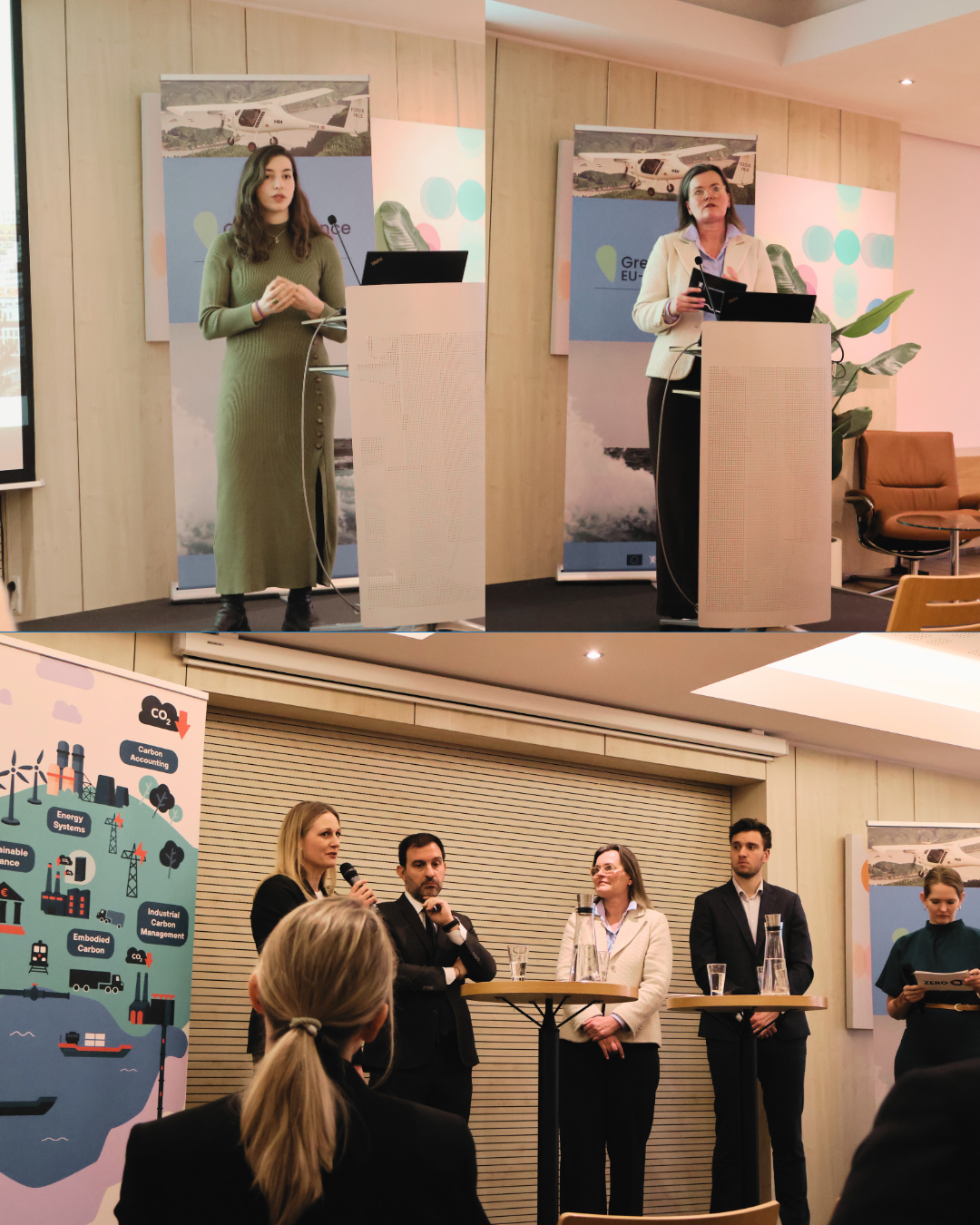
Joint letter – ICC reform and expansion risks diverting ETS Revenues from real climate action
In light of the European Commission’s ongoing considerations to amend the ETS State Aid Guidelines, revising the rules for Indirec...
News

Publish date: February 6, 2024
News
Bellona Europa welcomes the European Commission’s EU Industrial Carbon Management Strategy (ICMS) published today alongside the Communication on the 2040 Target, marking an important milestone for the EU’s path towards climate neutrality.
A long-awaited Strategy, it marks a crucial step in the right direction to enable CCS to play its necessary role on the path to net-zero. The communication outlines a plan for a comprehensive policy framework kick-start a European market for CO2 to reduce emissions from harder-to-abate emission sources with no or few alternatives to decarbonise.
The Strategy reflects many of the points that Bellona Europa has called for over the past three decades of working on industrial decarbonisation. A proposed regulatory package for transport and storage will aim to address ongoing challenges facing the development of a European CO2 market, and planning mechanisms for infrastructure, information sharing, and clearer emission accounting rules are much-needed proposals put forward in this Strategy.
Despite measures targeting the development of a market for low-carbon products, such initiatives seem to have been overlooked in the Strategy. Notably, while the Strategy outlines several important legislative initiatives it does not come with a mandate for implementation and follow-through, left to the next European Commission.
«While this is a much-needed communication, it is of crucial importance that there is accountability to ensure that the legislative initiatives and plans set out in the Strategy are included in the next European Commission’s Work Program with a clear mandate for timely completion.»

Lina Strandvåg Nagell
Deputy Director & Head of Policy
The Strategy published today also lacks clarity on the underlying assumptions of the projections presented. Specifically, the strategy does not elaborate on how to limit the need for CCS in a wider energy system where other scalable options for timely decarbonisation are available. There also seems to be an overreliance on CCU and CDR, without clarifying how climate impact is assessed and climate benefit is ensured for CCU. For both CDR and CCU, the strategy does not assess how to solve the massive increase in energy demand such an overreliance would bring.
«There is a need for clarification on the assumptions in the modelling underpinning the Strategy, to ensure the projections are consistent with efforts to decarbonise our energy system to make best use of limited resources in an efficient and timely manner.»

Hanna Biro
Policy Manager, Just Industrial Transition & CCS

In light of the European Commission’s ongoing considerations to amend the ETS State Aid Guidelines, revising the rules for Indirec...

On 24 February 2025, Bellona Europa co-hosted a breakfast seminar at Norway House in Brussels alongside ZERO and the Mission of Norway to the EU, bringing together policymakers, manufacturers, and procurement practitioners around a single conviction: European cities hold a decisive and largely untapped lever for decarbonising construction. With the revision of the EU Public Procurement Directives on the horizon, the moment to use it is now.

Opening remarks and future of EU CRCF Market Christian Holzleitner, Head of Unit for Land Economy and Carbon Removals&nb...

Together with six NGOs and five industry partners, Bellona Europa signed a joint letter on the RFNBO Delegated Act, reiterating that now is not the t...

“The Commission shall monitor the situation at Union level with a view to monitoring the impact of the CBAM on the Union i...
Get our latest news